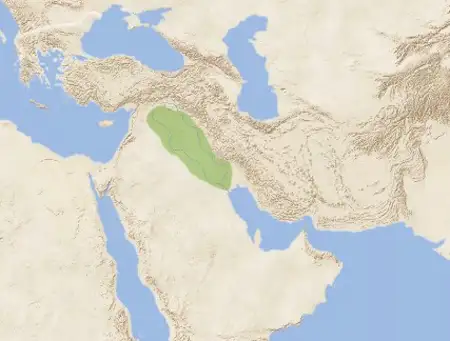Best English documentary on Mesopotamia with a video and reading passages to practice listening and reading comprehension. Improve your advanced vocabulary in real context with images. You can also select any text and listen to it to improve your listening skills. Source of documentary: National Geographic YouTube channel Listening comprehension on Mesopotamia https://www.youtube.com/watch?v=xVf5kZA0HtQ&t=130s Reading comprehension on Mesopotamia The story of writing, astronomy, and law; the story of civilization itself begins in one place. Not Egypt, not Greece, not Rome. But Mesopotamia. Mesopotamia is an exceedingly fertile plain situated between the Tigris and the Euphrates Rivers. For five millennia, the small strip ...
Home » English Documentaries with Transcript » English Documentary on Mesopotamia + Reading

English Documentary on Mesopotamia + Reading
Updated: by Dr. Mohammad Hossein Hariri Asl
Time to Read: 5 minutes | 409 Views | No Comments on English Documentary on Mesopotamia + Reading
Share This Post
About the Author
Dr. Mohammad Hossein Hariri Asl is an English and Persian instructor, educator, researcher, inventor, published author, blogger, SEO expert, website developer, entrepreneur, and the creator of LELB Society. He's got a PhD in TEFL (Teaching English as a Foreign Language).
Number of Posts: 4242


